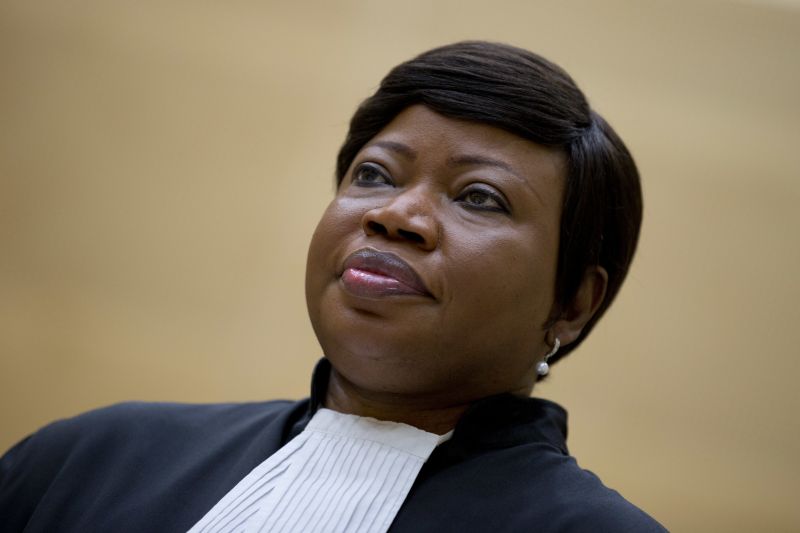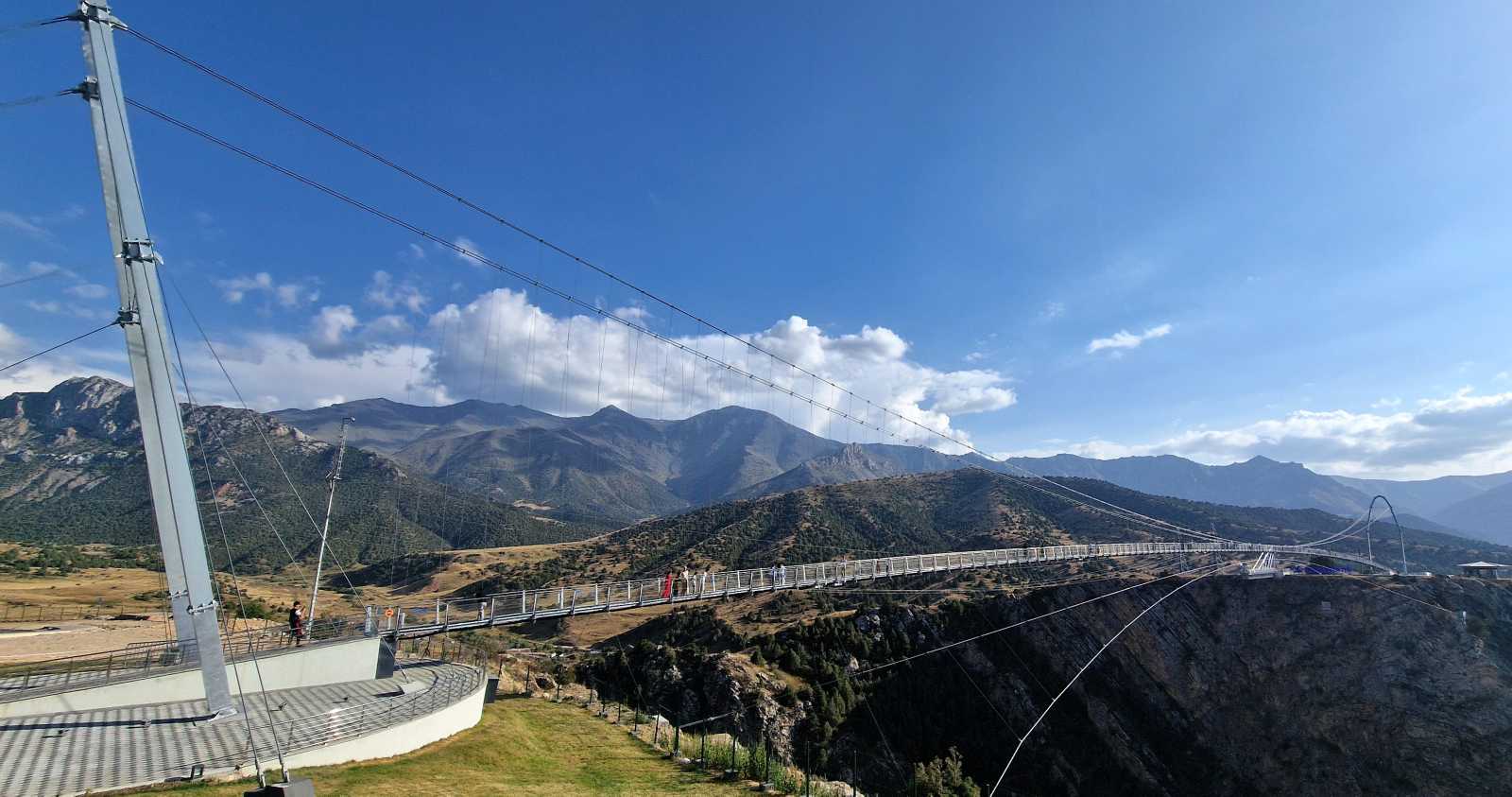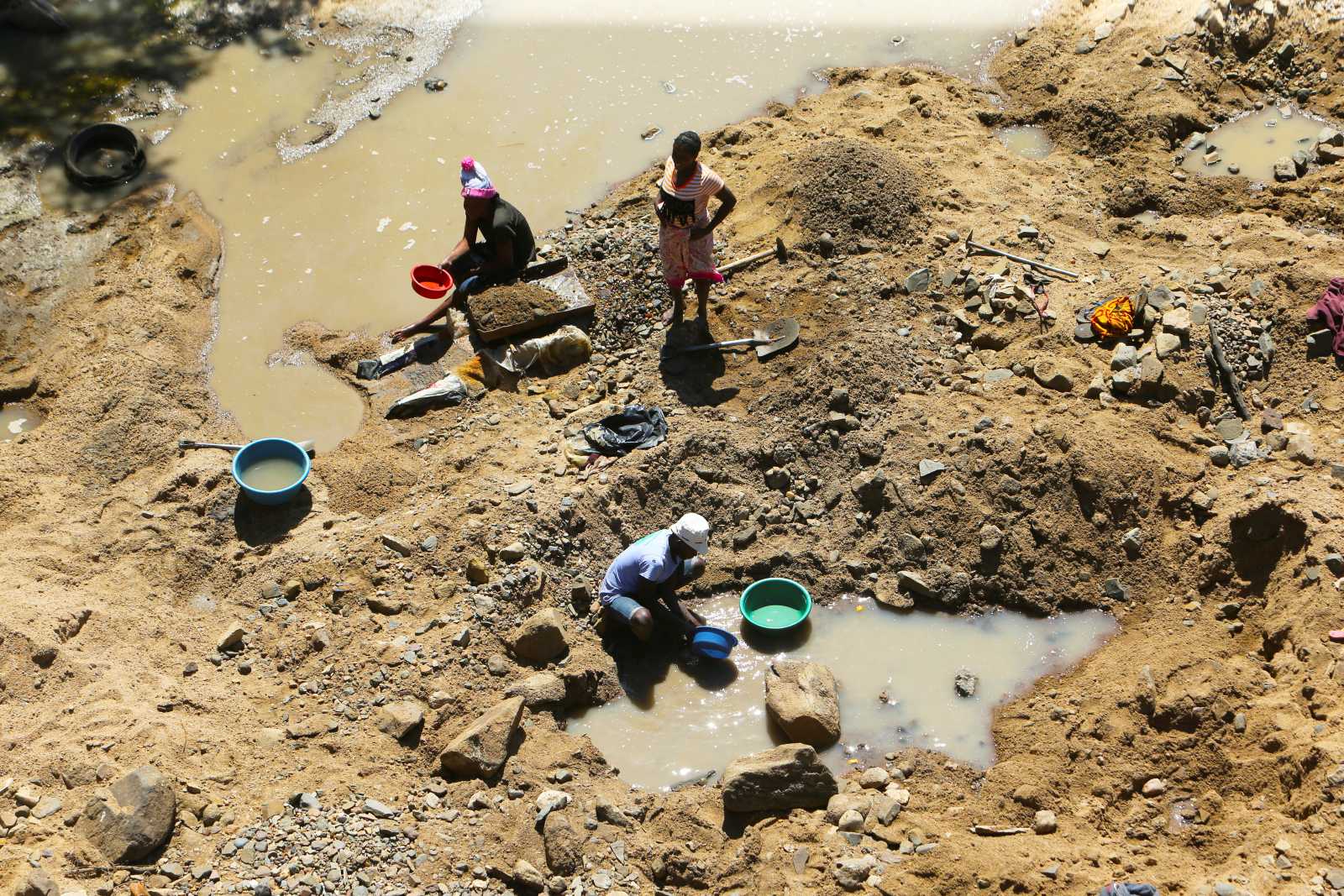International law
The African Court

The ACJHR is an ambitious undertaking. The idea is to merge two existing African courts. The first is the African Court of Human and People’s Rights, which is the judiciary of Africa’s human-rights system. The second is the African Court of Justice, which is the AU’s mechanism for resolving inter-state disputes. The proposal to merge them was made in 2005, and the decision to do so was spelled out in the Protocol on the Statute of the ACJHR in 2008.
The Malabo Protocol is an expression of African governments’ demand for more power and influence in the global arena. Among other things, they want the new court to be able to tackle at an international level crimes committed in Africa. At the same time, the AU is challenging the international trend of denying government officials immunity even while they are still in office.
The Malabo Protocol makes the ACJHR an even more ambitious project. According to Amnesty International, “the ACJHR, as envisaged in the Malabo Protocol, can play a vastly positive role in a continent persistently afflicted by the scourge of conflict and impunity for crimes under international law”. The international NGO points out that the court will have jurisdiction to try “14 different crimes, including genocide, crimes against humanity and war crimes”.
Amnesty spelled out some warnings as well, pointing out that the ACJHR will need more judges and may not get sufficient resources. Moreover, the “immunity clause in the Malabo Protocol” is said to violate international consensus and practice by providing immunities to heads of states and senior state officials (see main article).








